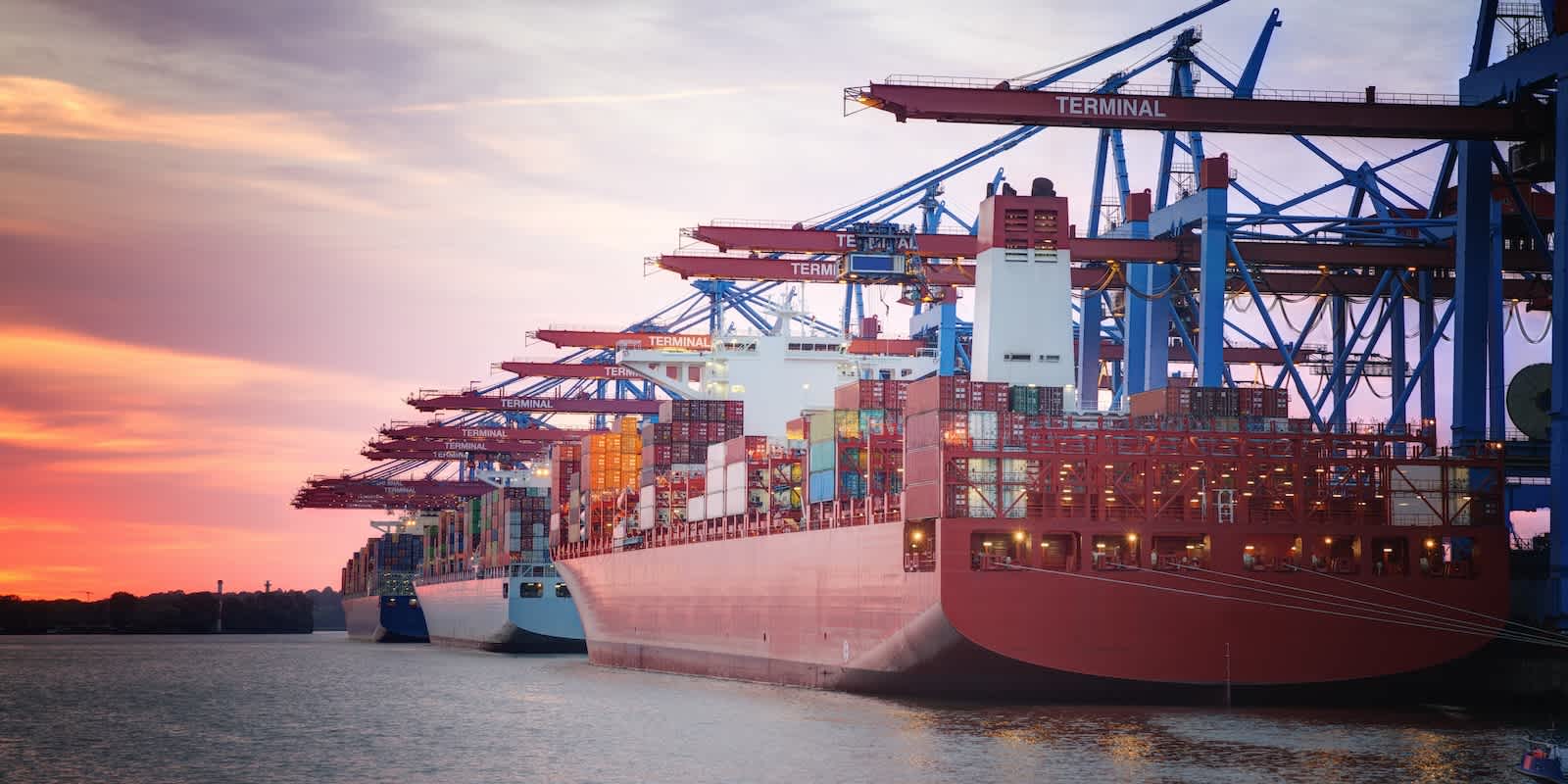
19.09.2023
Logistics Rewired: Discussing the Maritime Transportation Data Initiative with FMC Commissioner Carl Bentzel
Logistics Rewired: Discussing the Maritime Transportation Data Initiative with FMC Commissioner Carl Bentzel
A recent installment of our Logistics Rewired webinar series featured Federal Maritime Commission (FMC) Commissioner Carl Bentzel in conversation with Flexport’s own Michael Baekboel, Senior Director and Head of Compliance as a Service (CaaS), and Angus Fan, Group Product Manager. The topic of the conversation was the origins and status of the Maritime Transportation Data Initiative (MTDI), created by the FMC at the Commissioner’s behest after the series of supply chain disruptions stemming from the COVID pandemic.
“[MTDI] was designed to see if we could arrive at a common set of recommendations and a common lexicon in describing the system of movement [of the global supply chain].”
Carl Bentzel, FMC Commissioner
MTDI: The Origin Story
Early in the discussion, Commissioner Bentzel was eager to set the stage for the importance of establishing processes for the sharing of clean shipping data in a common lexicon everyone could make immediate use of—and how that led to the establishment of the MTDI.
“There’s always challenges,” he said, before adding that “there’s not a ton of extra capacity in the market, so it’s tenuous at all times. It can get unbalanced, and I think the rationale that people need to consider is the fact that inflationary costs we’re suffering now, as a nation, were in large part attributable to the congestion that occurred in the shipping industry (during the pandemic).”
MTDI Highlights
The first of three primary questions the panel addressed revolves around so-called open and closed data, that is data that’s available via Application Programming Interface (API) and that which is proprietary to one entity such as a carrier or shipper. To protect cargo data and make sure it is only available to those parties involved in its transit is a priority that everyone on the panel agrees on.
At the same time, there’s so much variation in publicly available shipping data that it is proving a major aspect of the overall project just working out how that data should be formatted in order to be as usable as possible, to as wide an audience as possible. Commissioner Bentzel had this to add, “I hope that in providing more reliable information about transit, and harmonizing information about the status of cargo while in the terminal complex, that the industry itself can provide the answers on that door to door transaction…” He continued, “So that's why we made a distinction between open facing information, which is information largely added to stuff you can see, and cargo information, which is protected as confidential.”
Another big question the FMC has come on revolves around just what the ask will be of data providers in financial terms. Will they need to develop new processes internally or put staff on the building of new APIs, for example. The Commissioner put those concerns to rest, saying “the requirements that we’re looking at are for transparency on open facing information.” He added that that information would be required to be maintained for a set period of time and that it will have to meet a set of standards for data cleanliness, format, etc.
One final highlight covers the question of data structure. Angus Fan posed the question, “...so is there a model in the future where you see there being maybe a more centralized repository…like there's one place to go versus building webs of different API connections and having to maintain that over time?”
Bentzel replied that the recommendation in the MTDI is for each port to function as a repository of information for the services surrounding that port. There will then be performance requirements established around how that information is sourced and stored, but that in the end they intend to allow the industry to come up with the final answers to those questions.
To listen to the whole conversation and deep dive into this topic, please watch the full webinar recording. If you have any questions around how Flexport uses data to help our customers get their cargo to where they need it, when they need it there, please reach out to our team of experts today.
The contents of this blog are made available for informational purposes only and should not be relied upon for any legal, business, or financial decisions. We do not guarantee, represent, or warrant the accuracy or reliability of any of the contents of this blog because they are based on Flexport’s current beliefs, expectations, and assumptions, about which there can be no assurance due to various anticipated and unanticipated events that may occur. This blog has been prepared to the best of Flexport’s knowledge and research; however, the information presented in this blog herein may not reflect the most current regulatory or industry developments. Neither Flexport nor its advisors or affiliates shall be liable for any losses that arise in any way due to the reliance on the contents contained in this blog.






